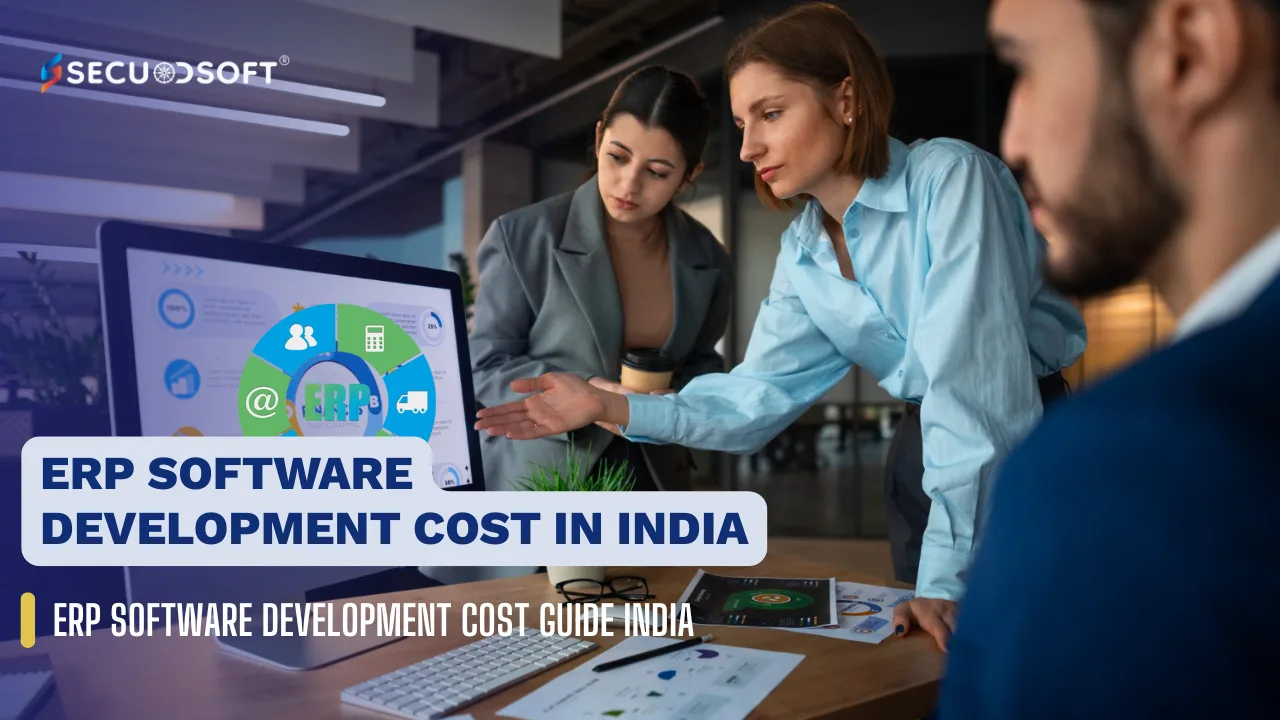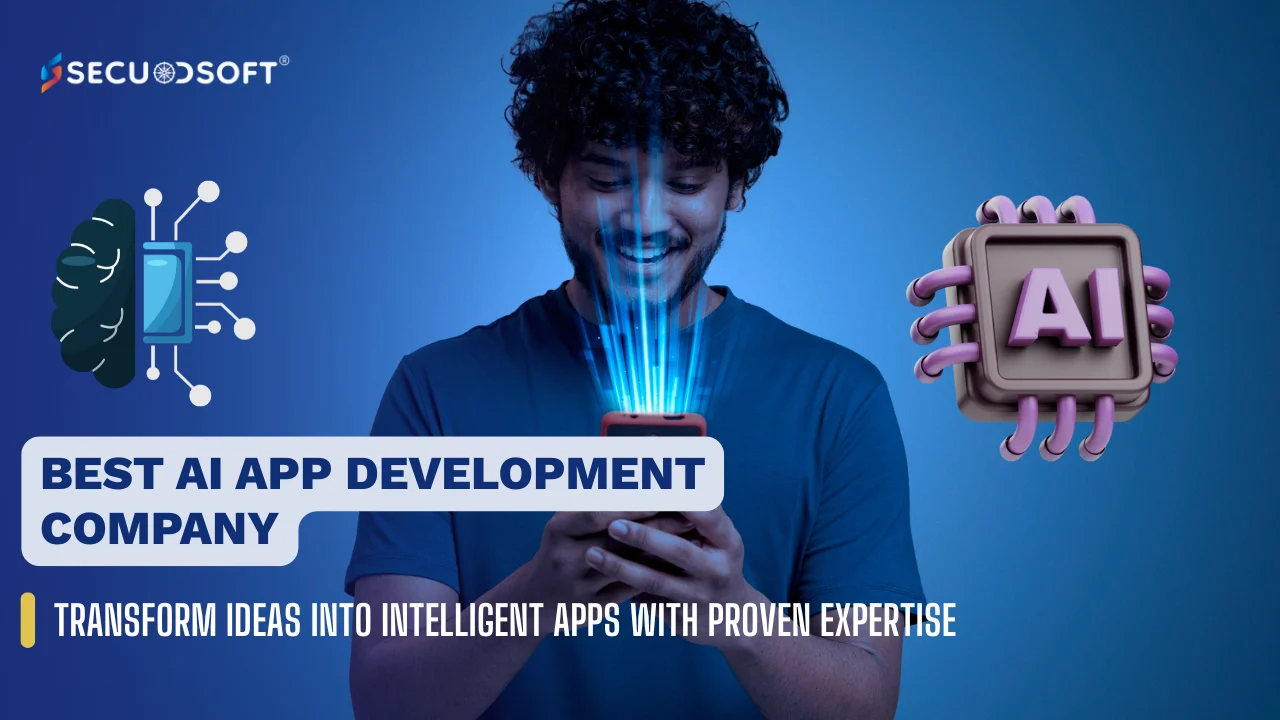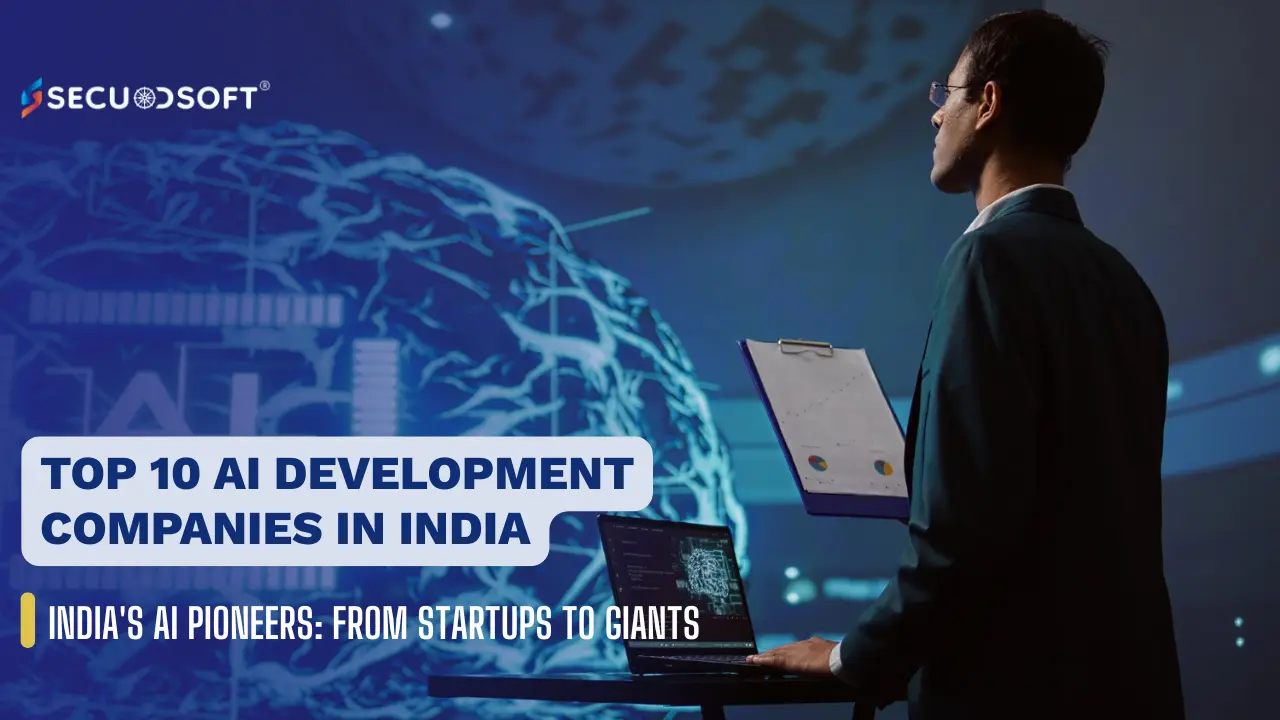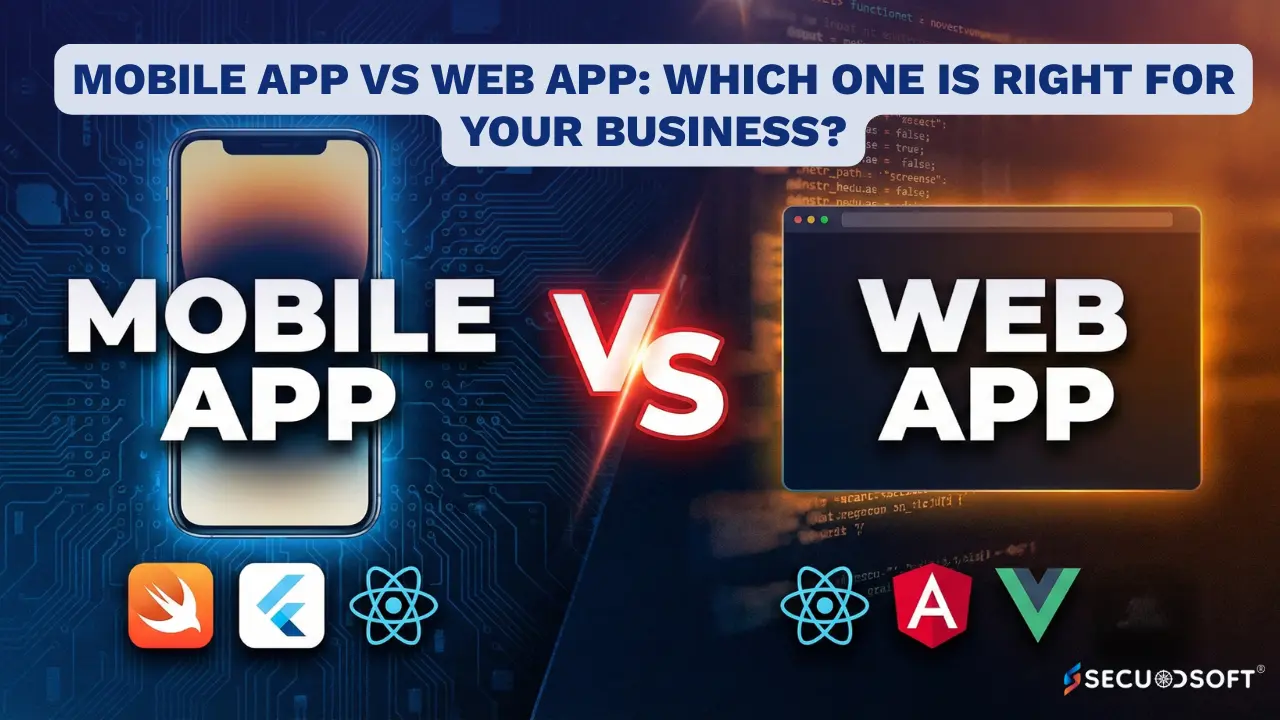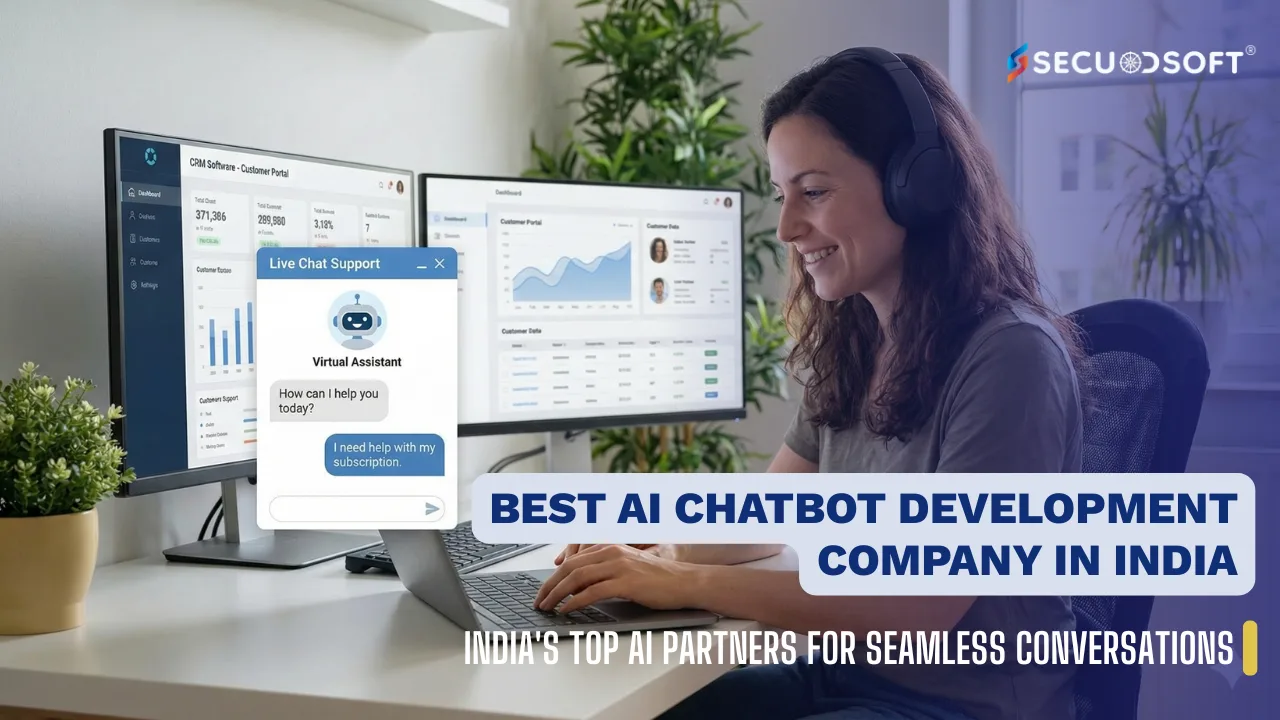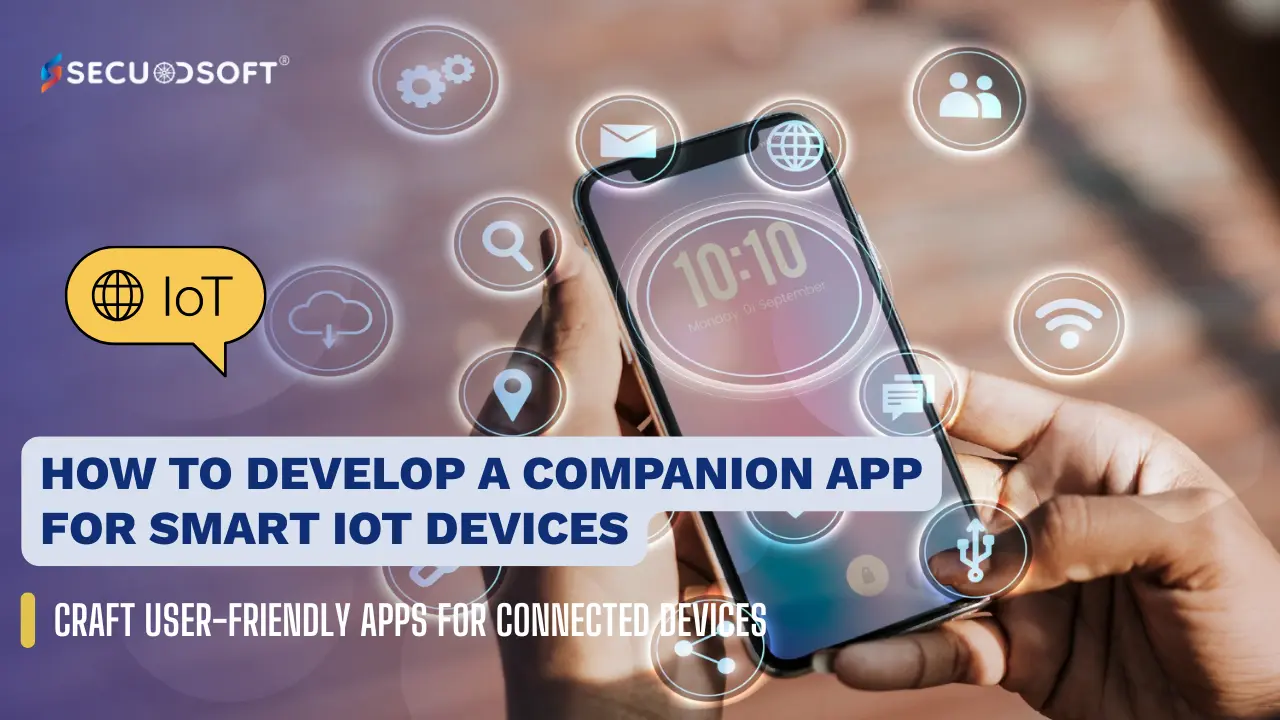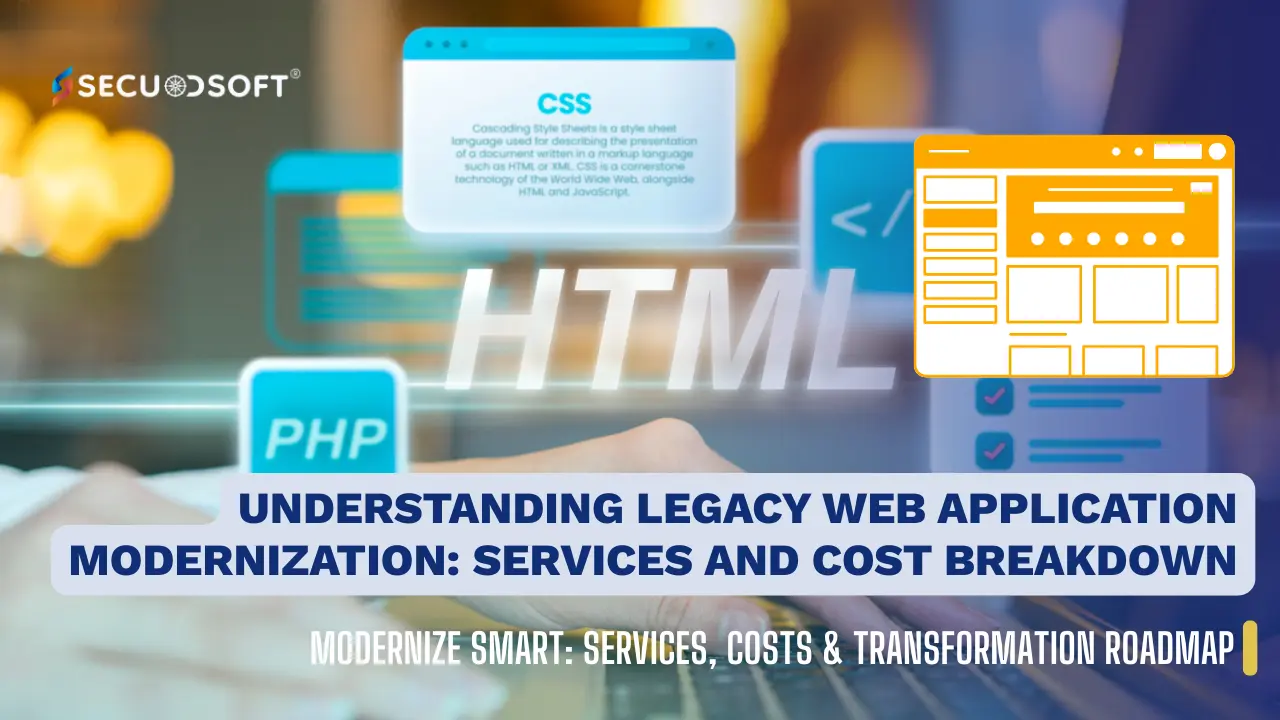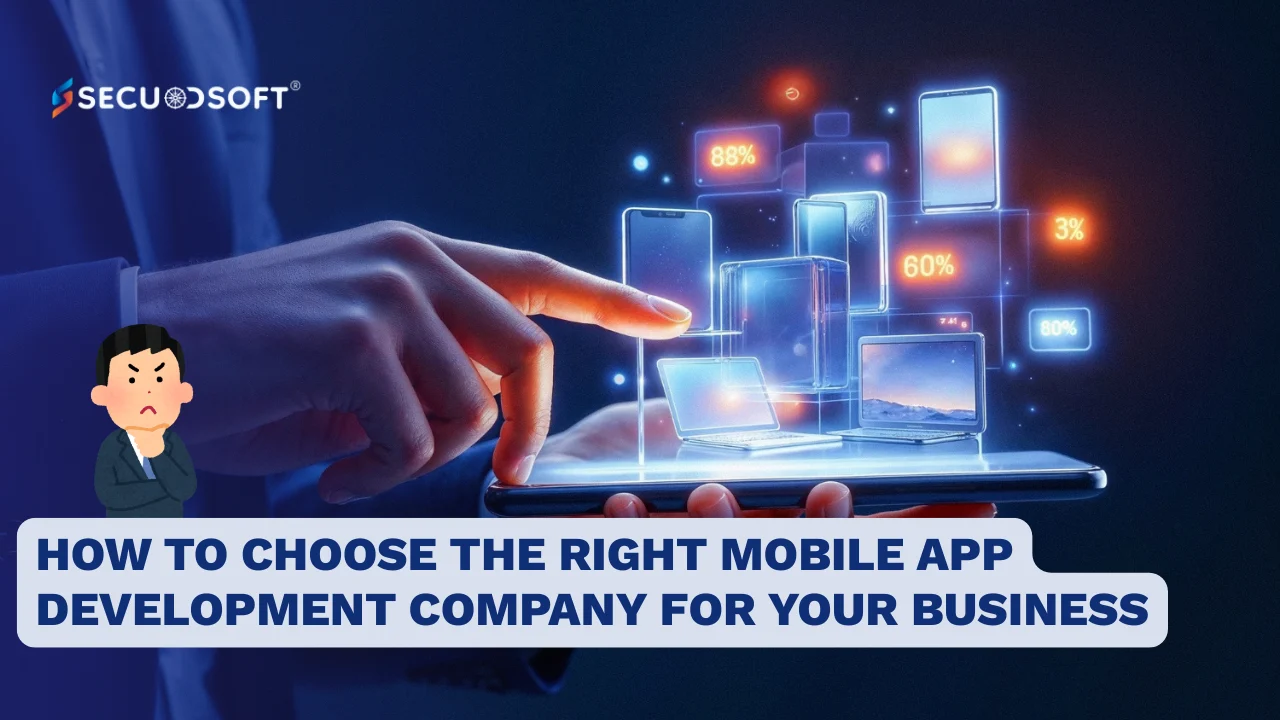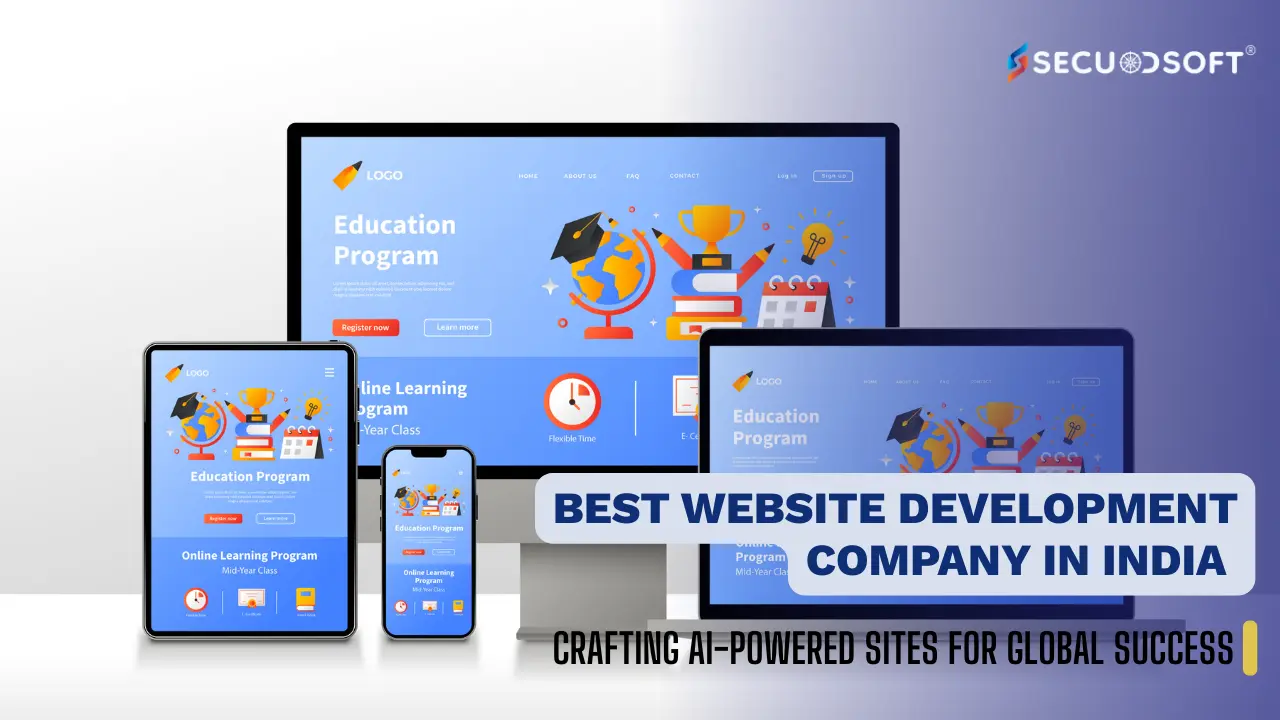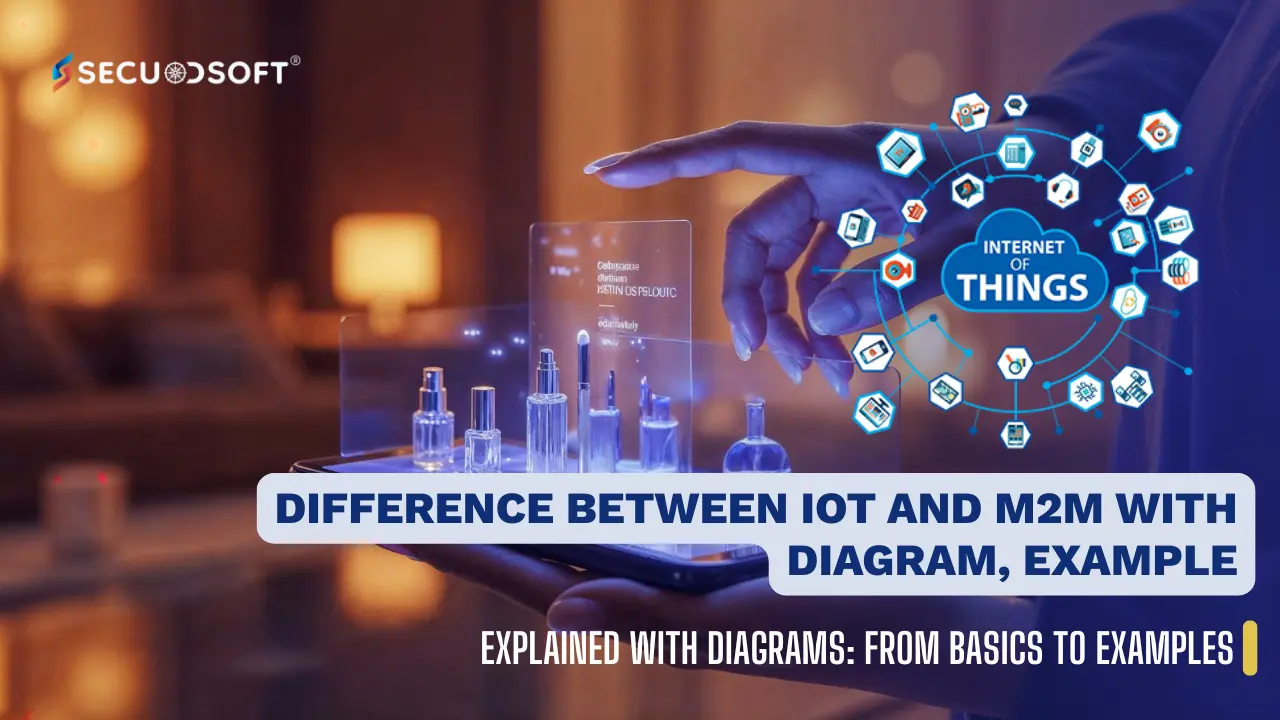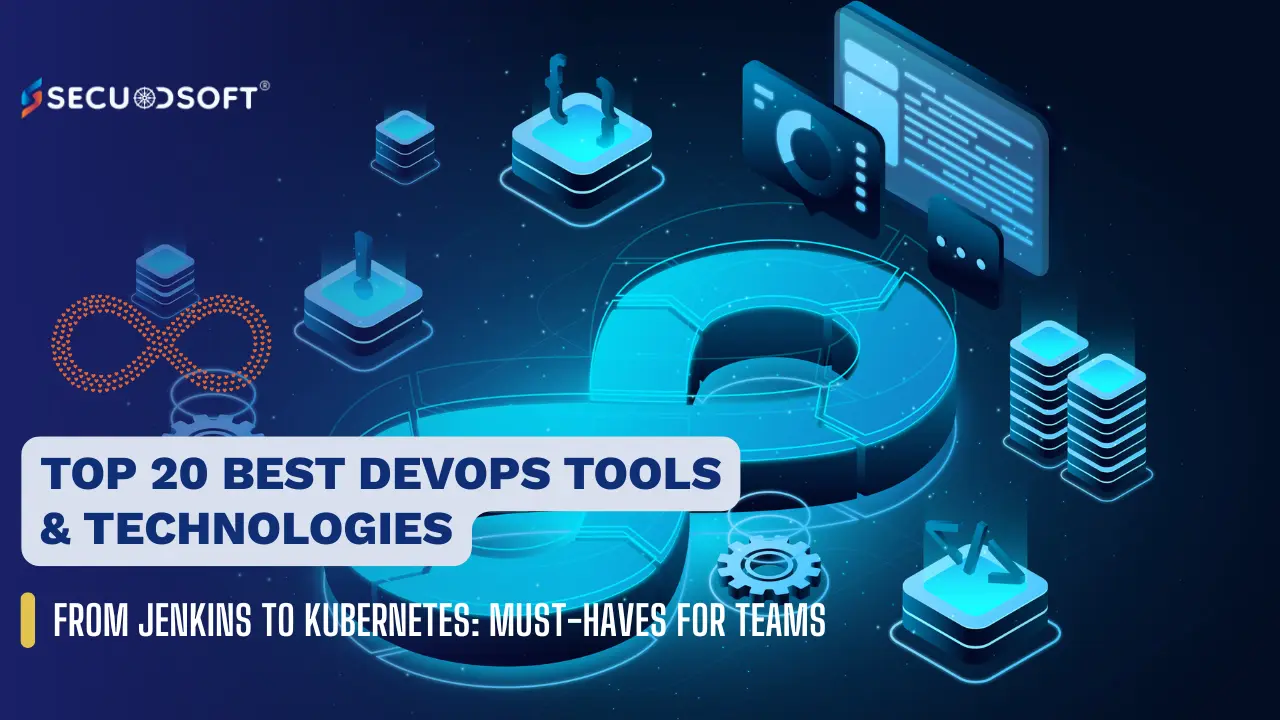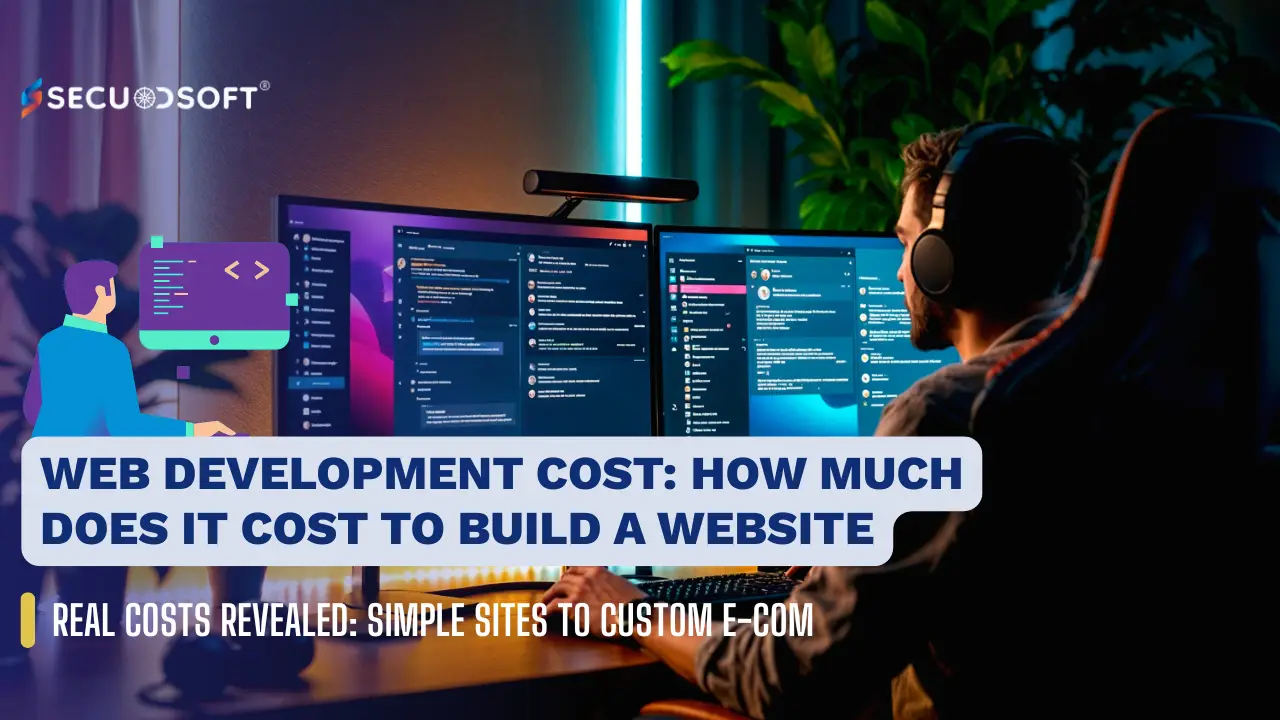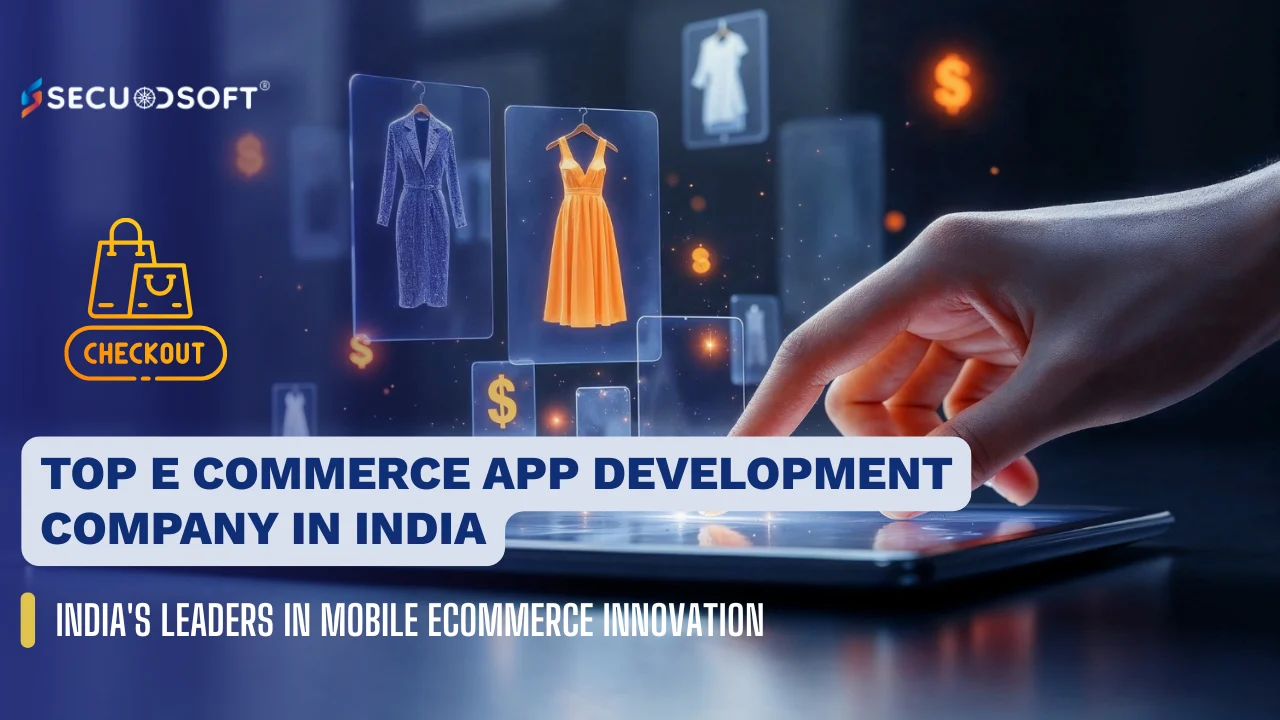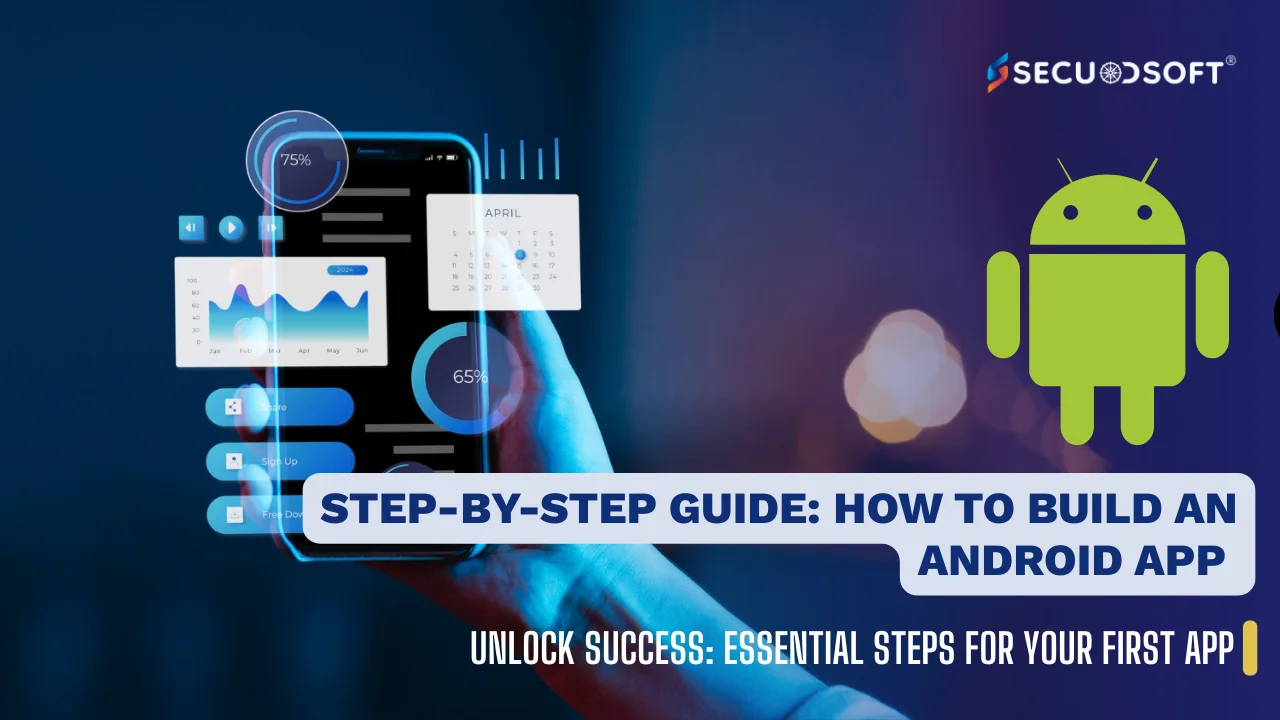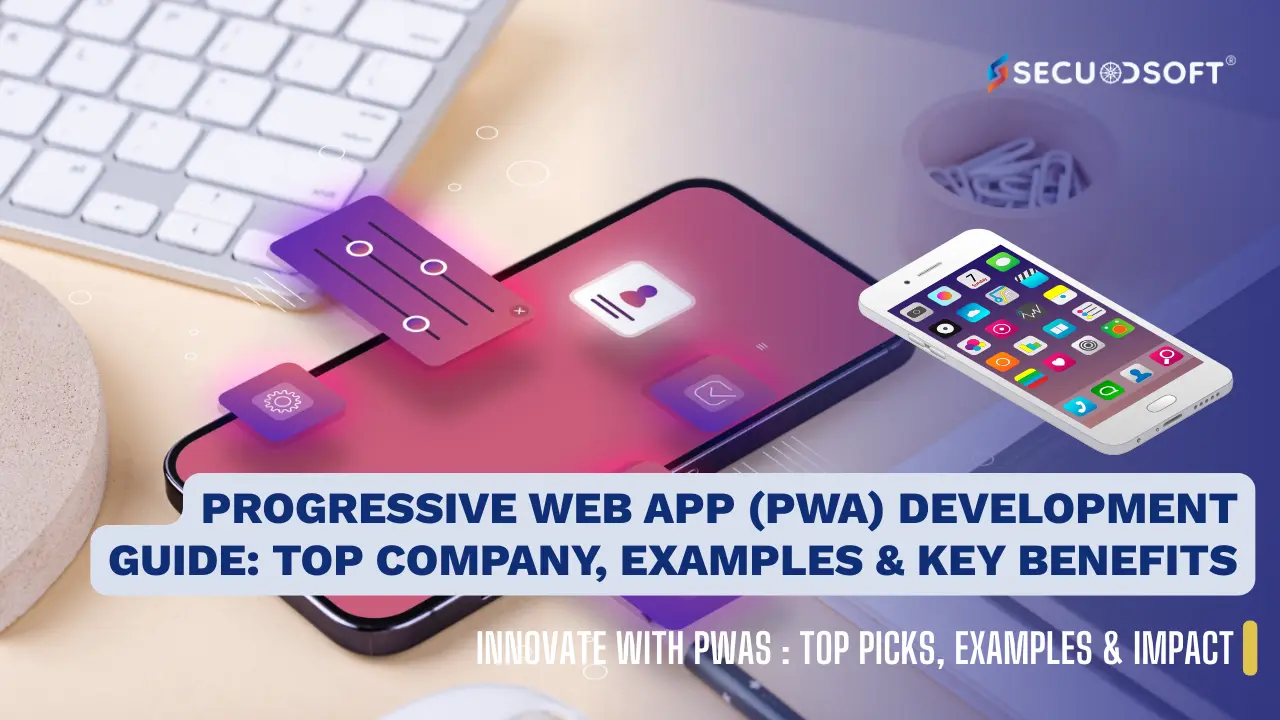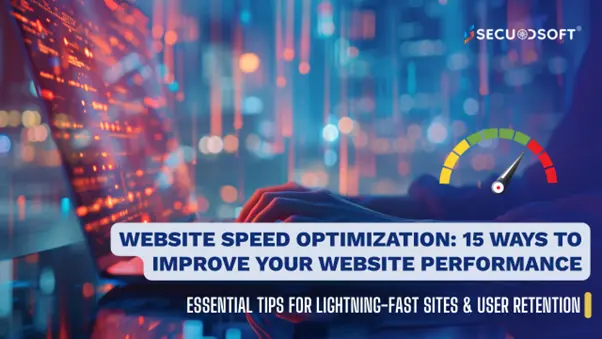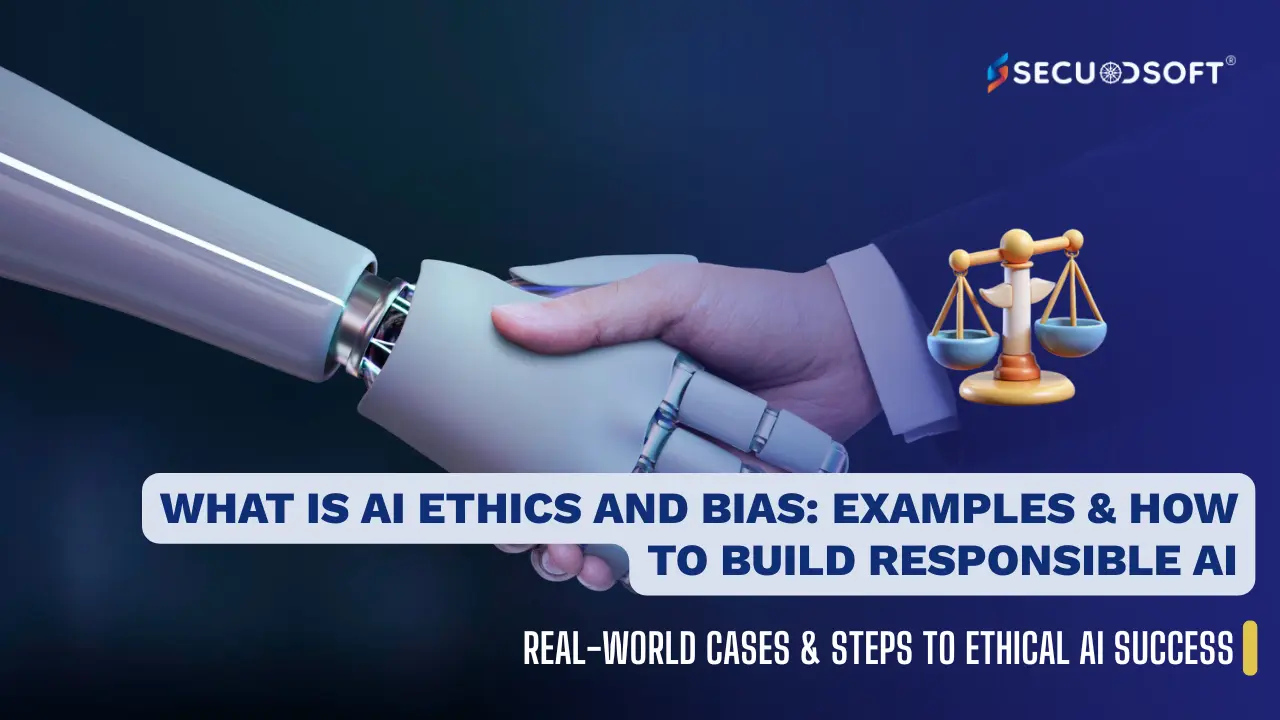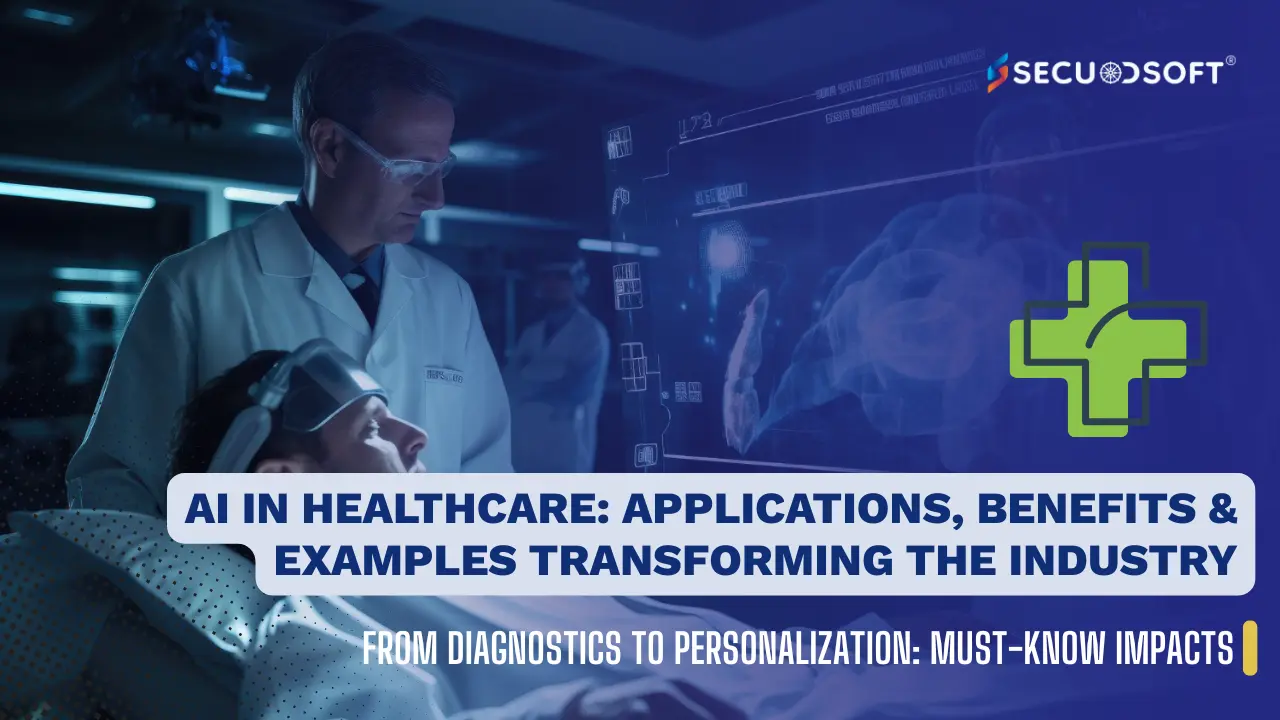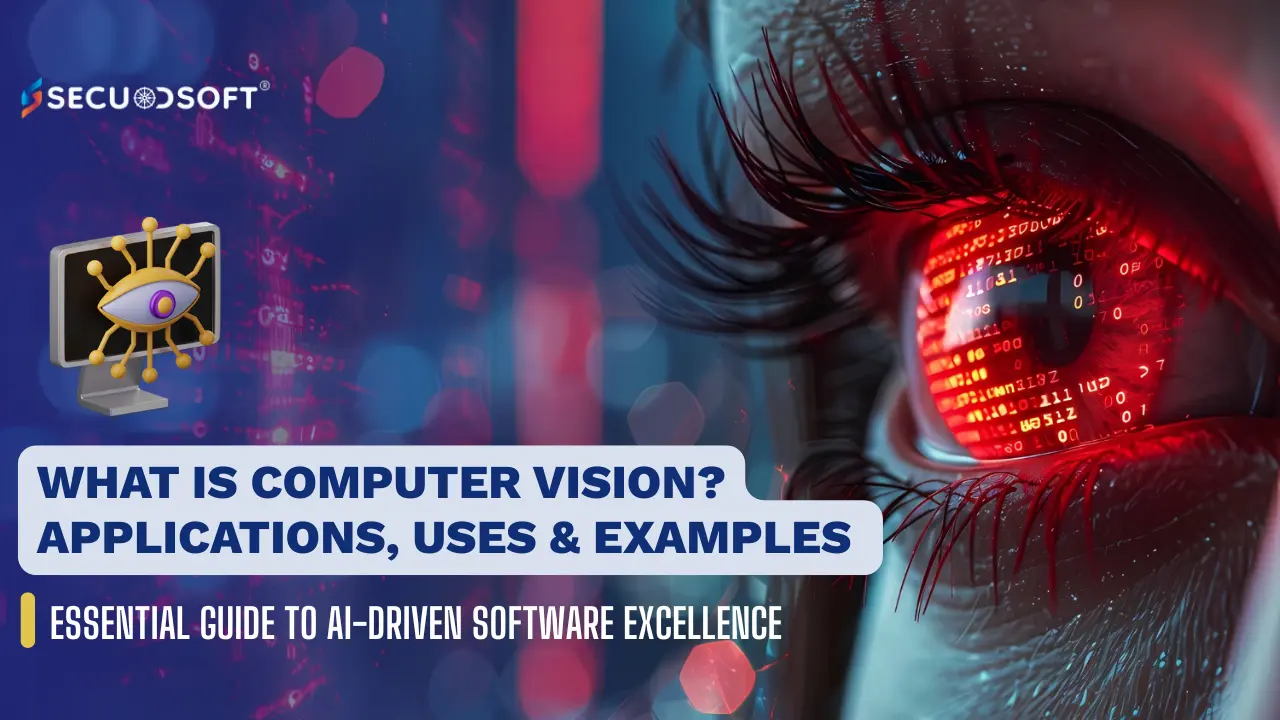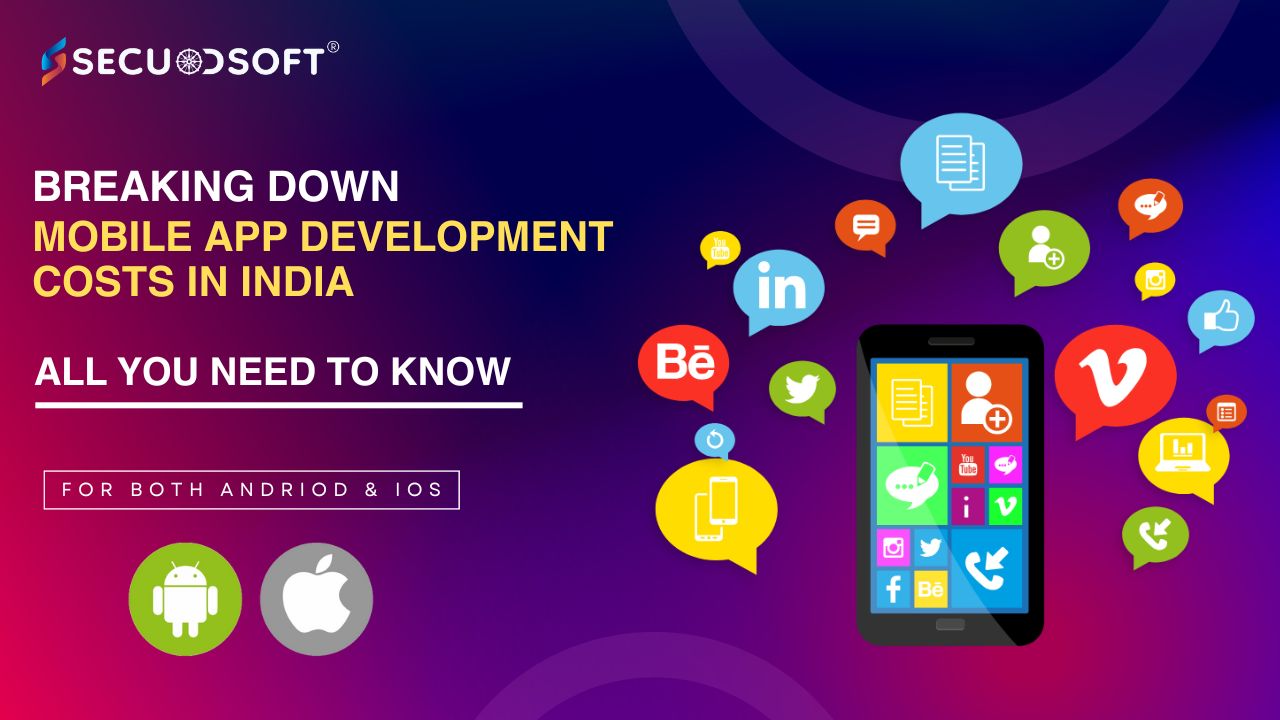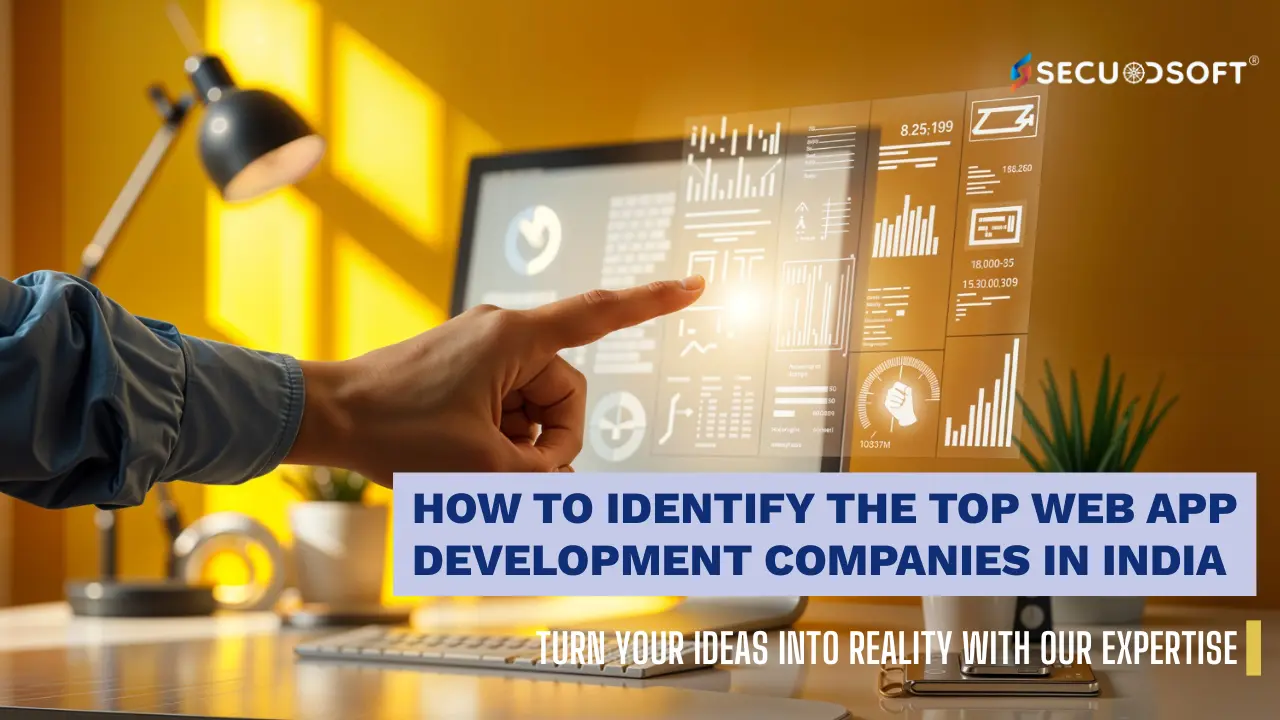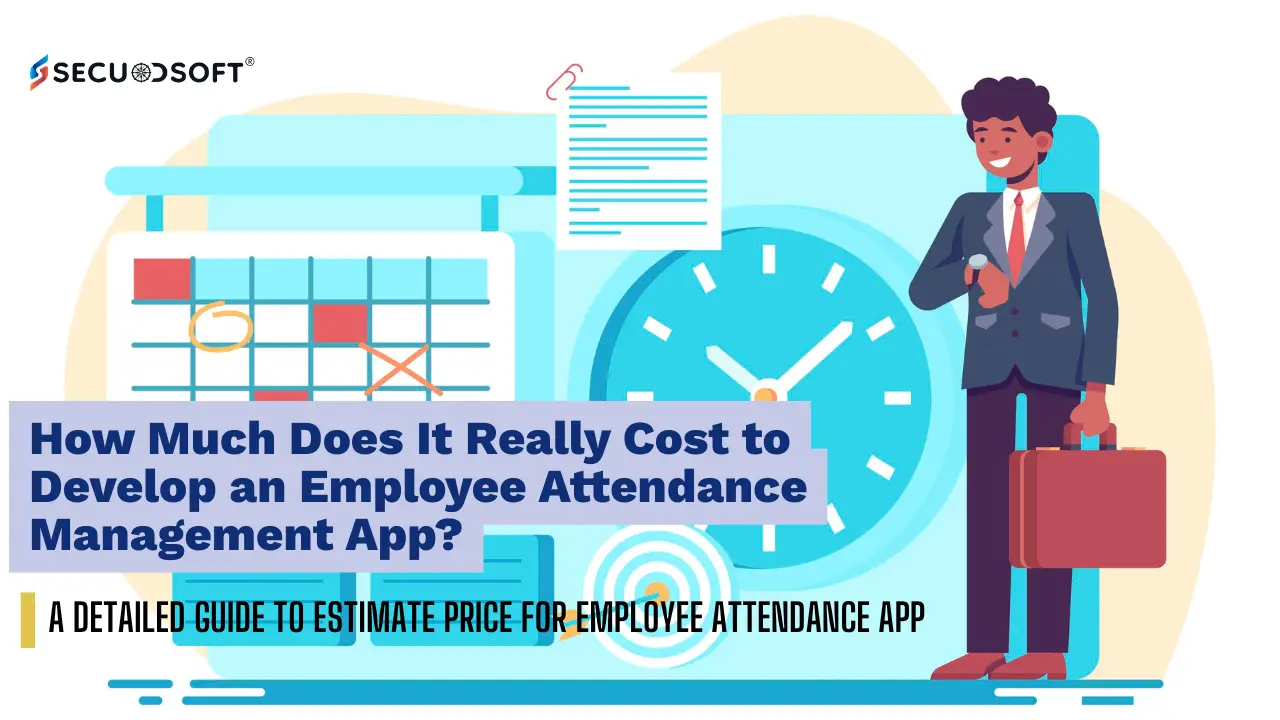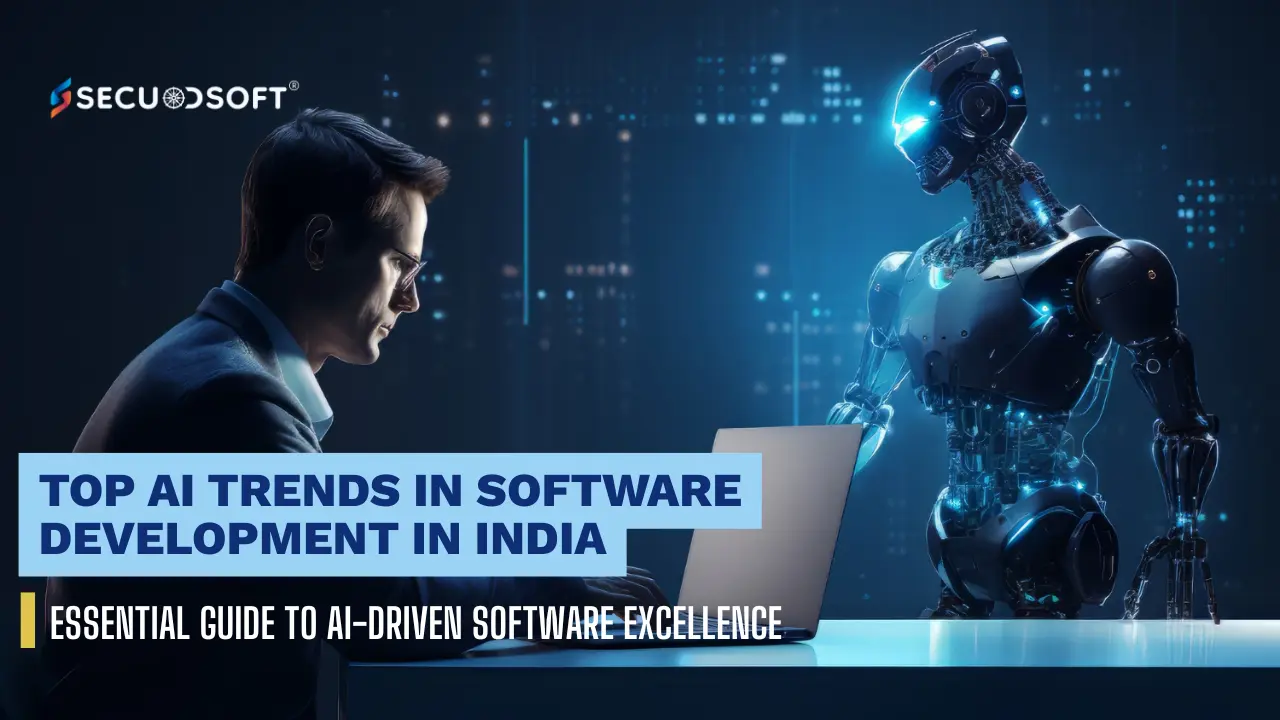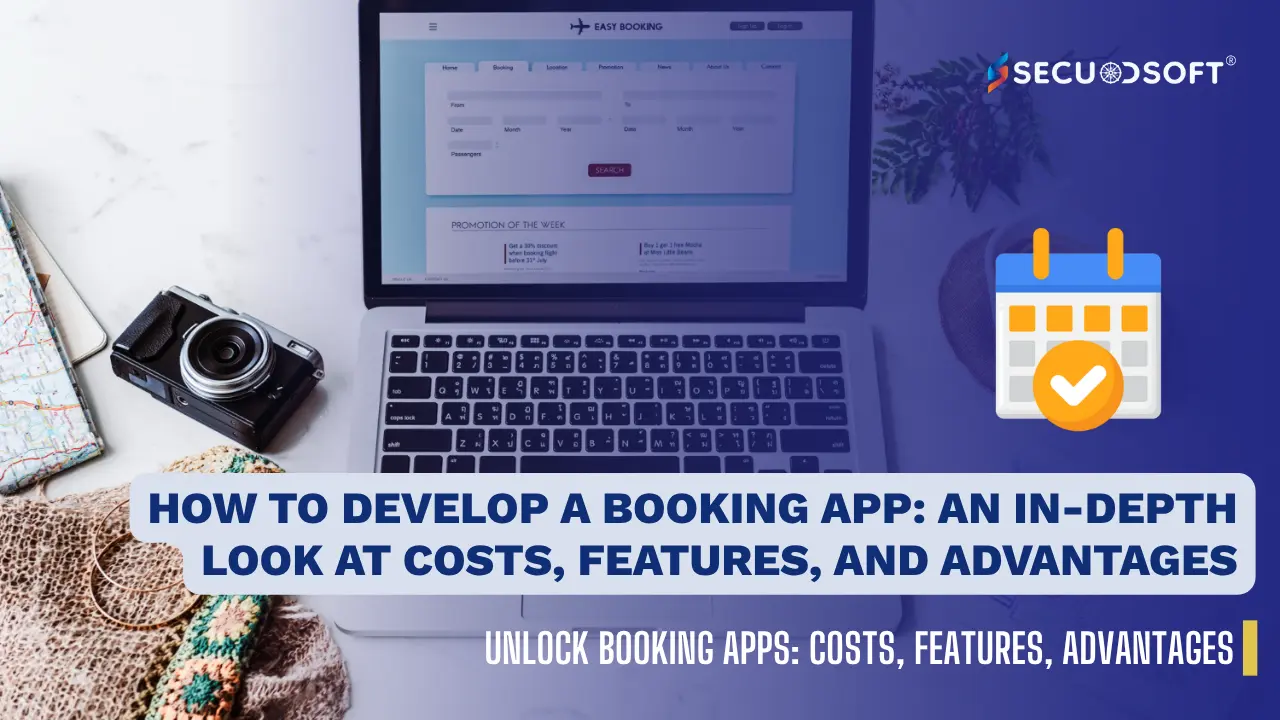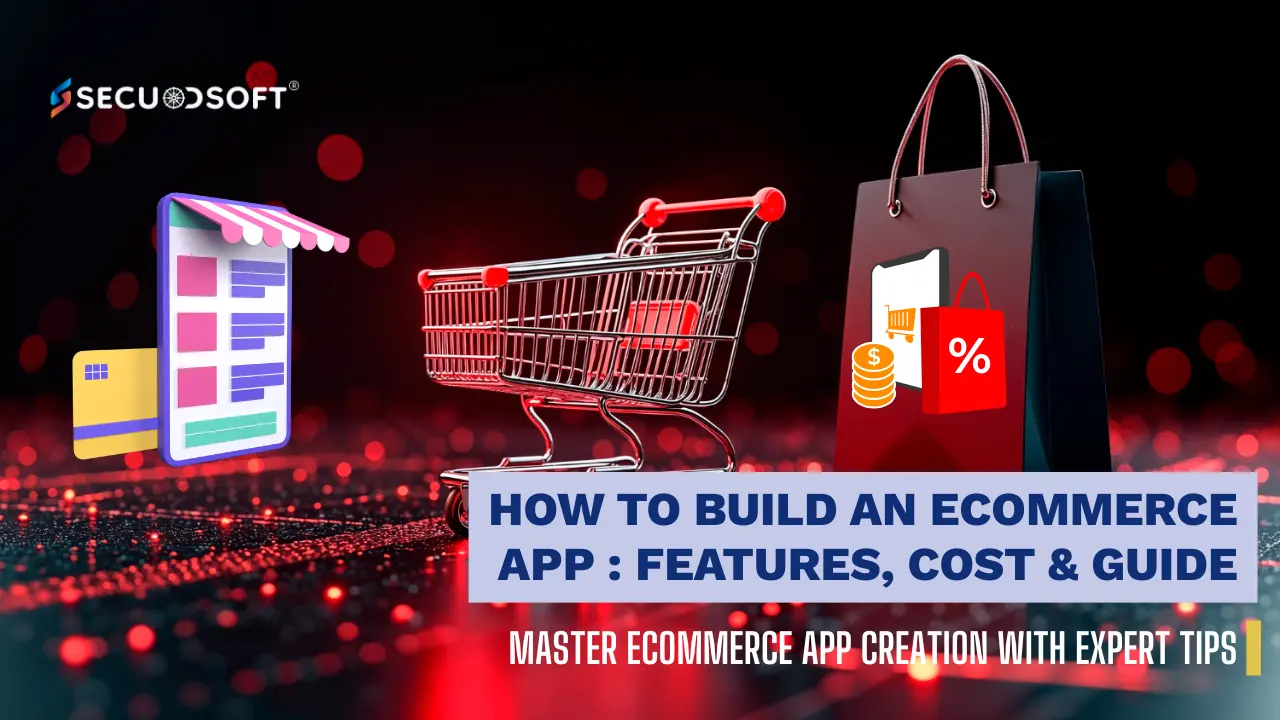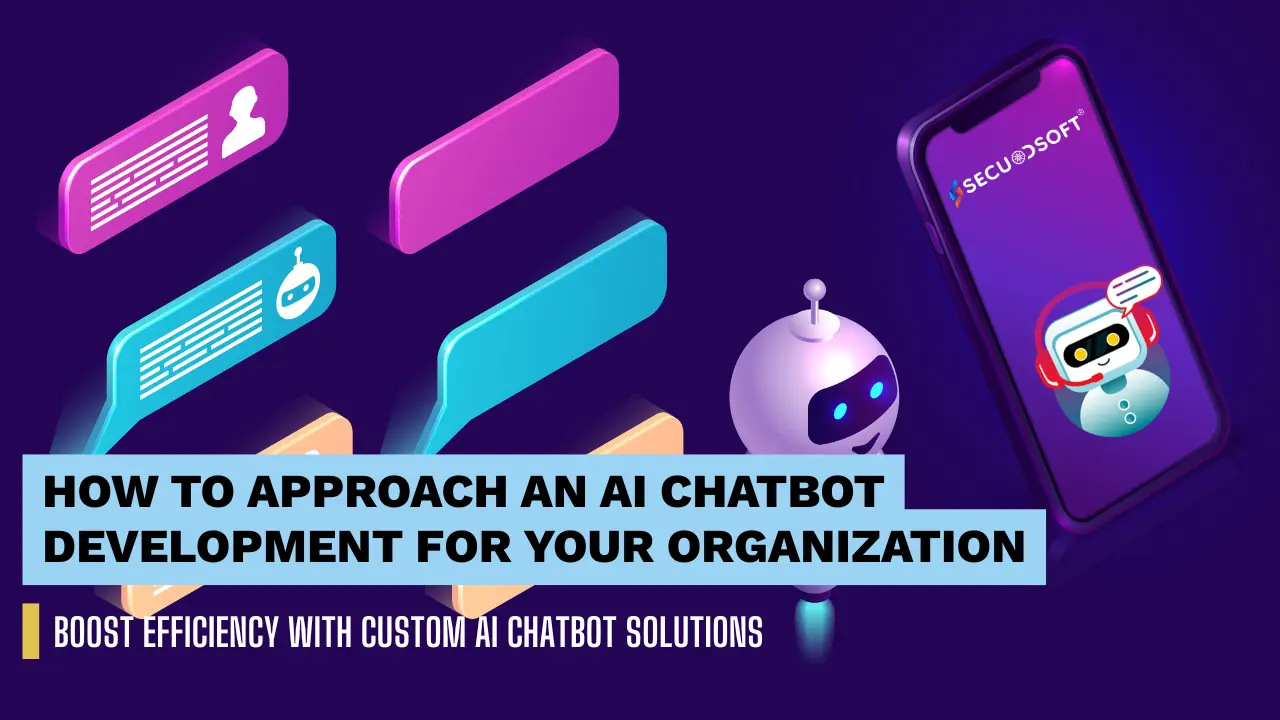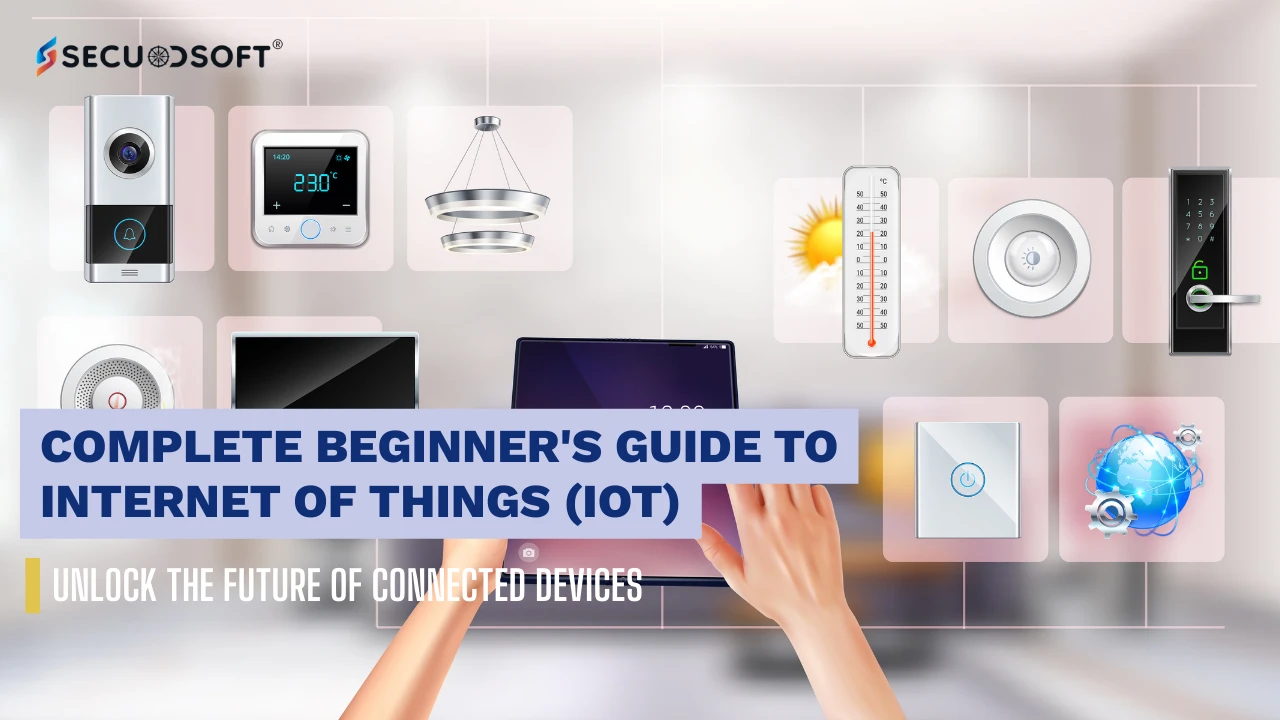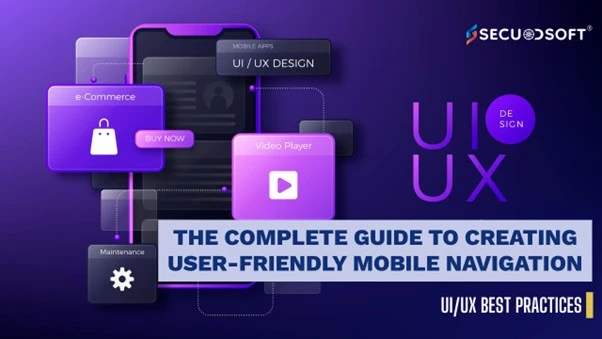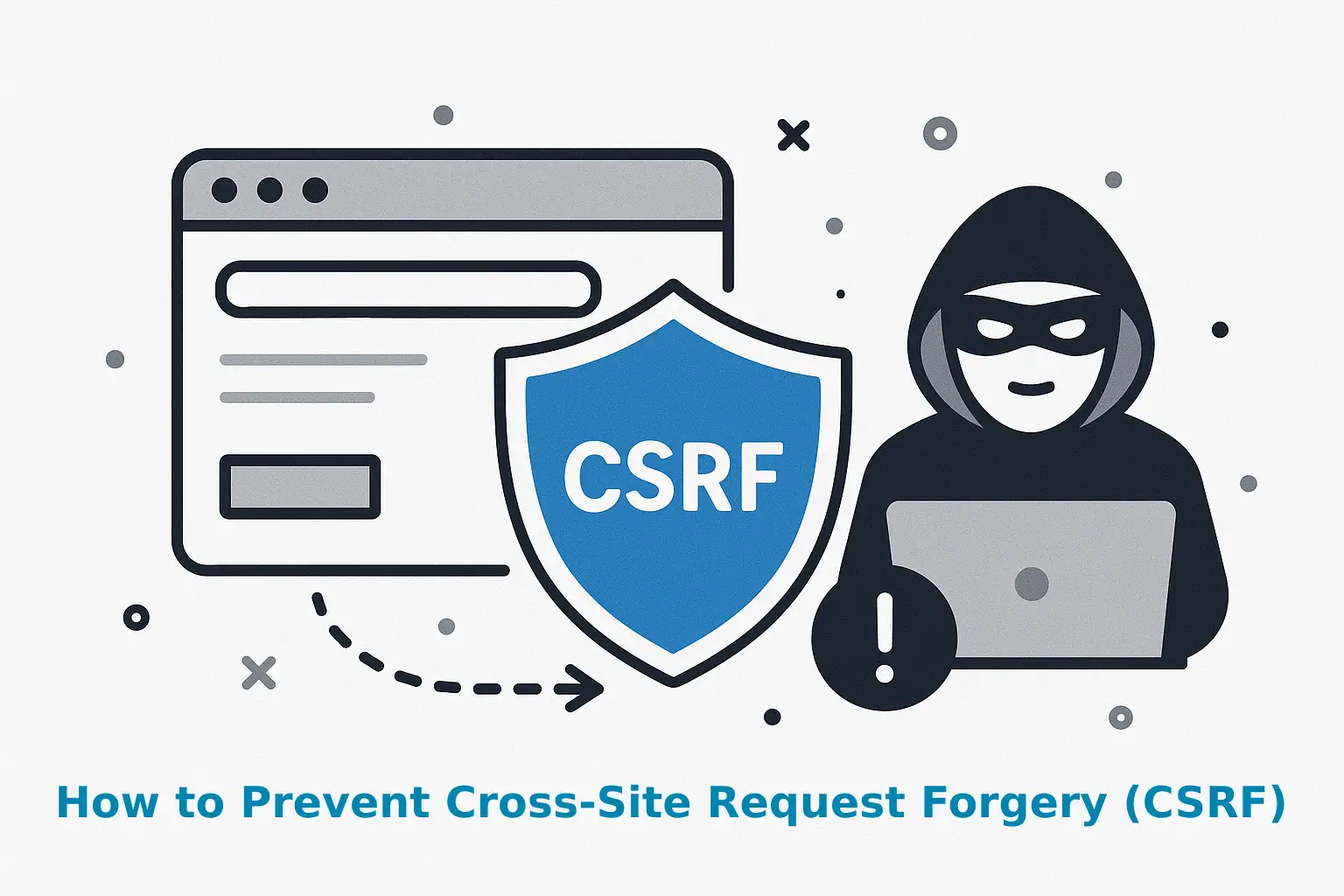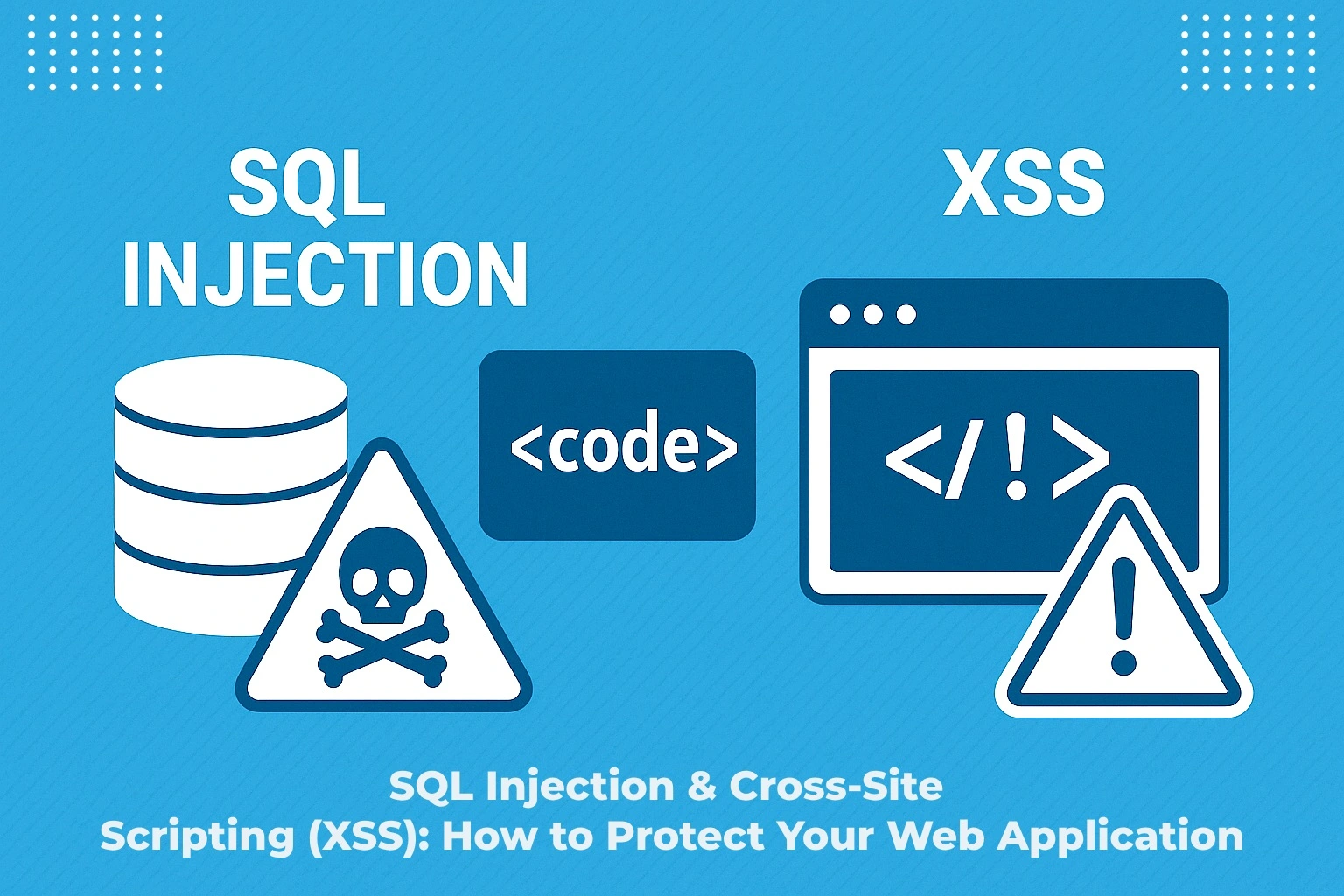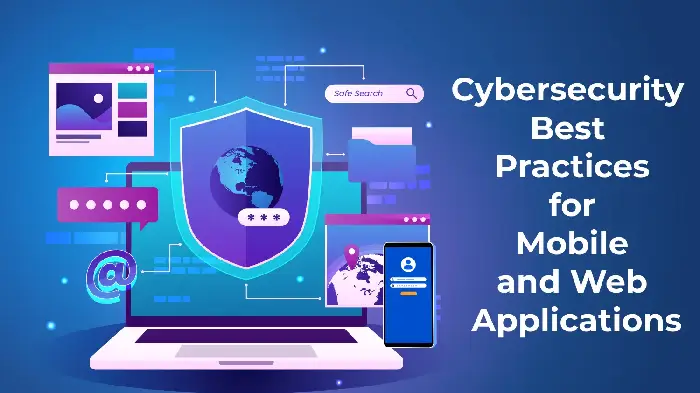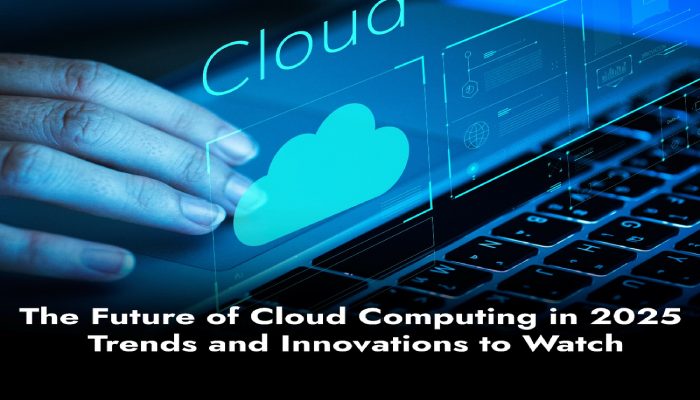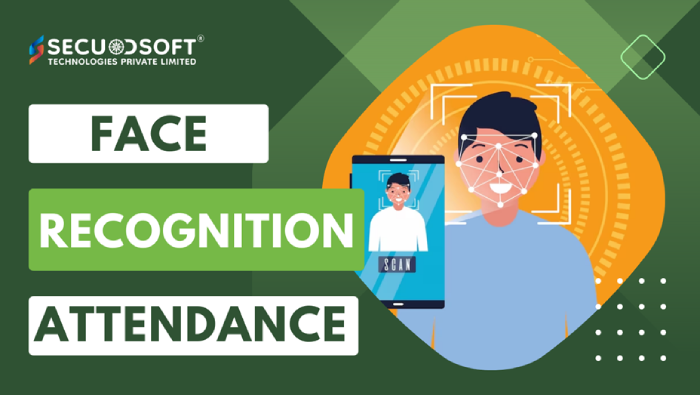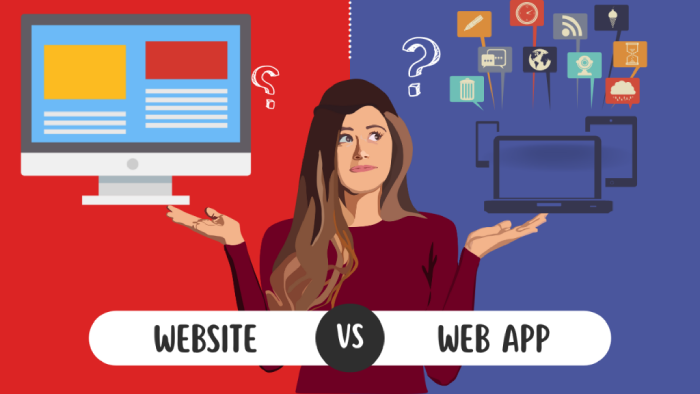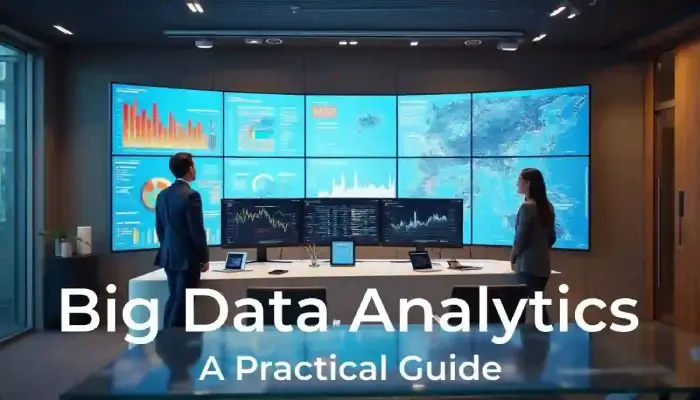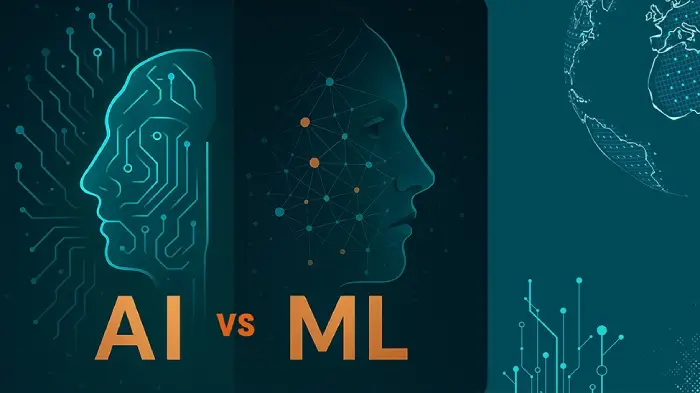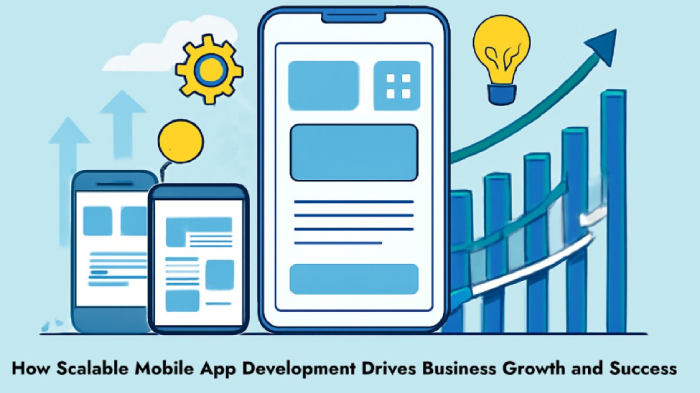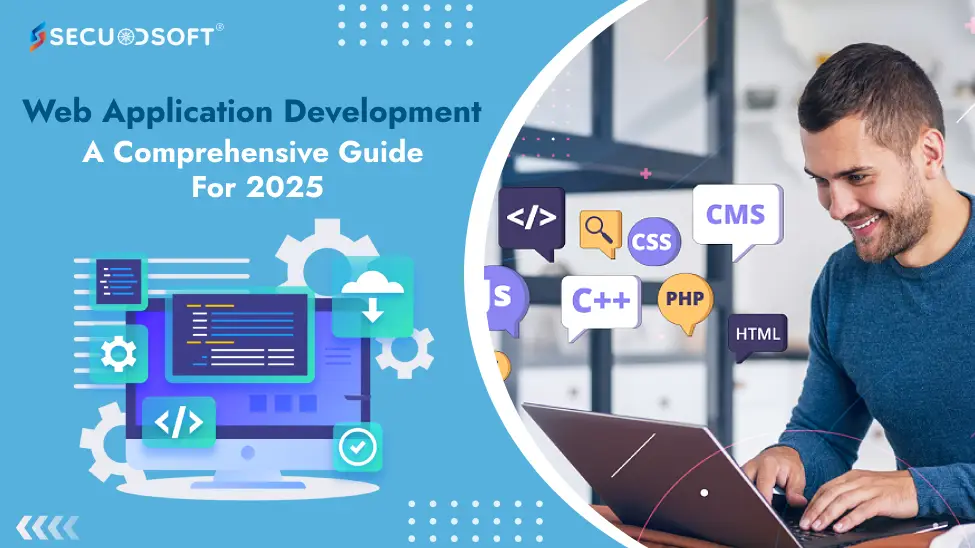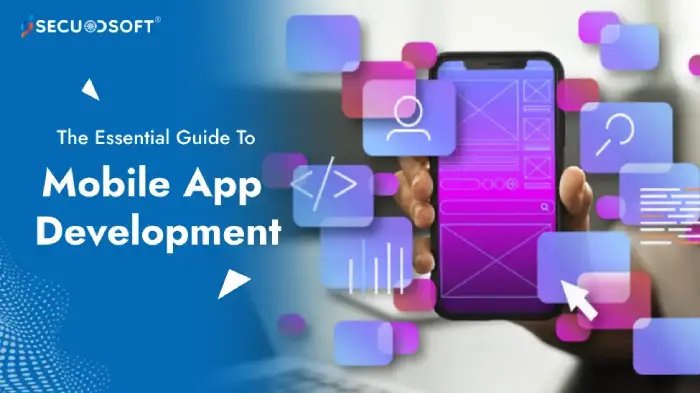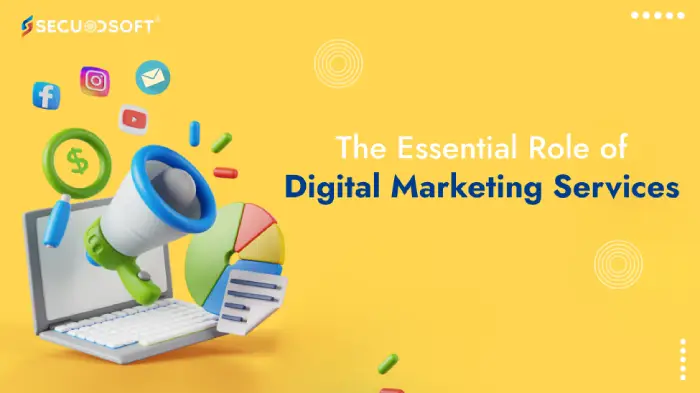
Digital Marketing
Editorial Team
09 May 2025
Introduction
In today’s hyper-connected, digital-first world, businesses are no longer confined to traditional marketing methods. The evolution of consumer behaviour, driven by technological advancements and internet accessibility, has redefined how brands reach, engage, and convert their audiences. Digital marketing services have emerged as the cornerstone of modern business strategy, enabling companies to establish a robust online presence, foster customer loyalty, and drive measurable growth.
This blog explores the essential role of digital marketing services in the contemporary business landscape, breaking down each key service and its contribution to business success.
1. Search Engine Optimization (SEO)
Search Engine Optimization (SEO) is the art and science of improving a website’s visibility on search engines like Google. With over 93% of online experiences beginning with a search engine, SEO ensures that your business is discoverable when potential customers are searching for relevant products or services.
Key components of SEO include:
- On-page SEO: Optimizing website content, meta tags, headers, and keyword usage.
- Off-page SEO: Building high-quality backlinks and enhancing domain authority.
- Technical SEO: Improving website structure, page speed, mobile-friendliness, and indexing.
Without SEO, even the most well-designed websites risk remaining invisible to their target audience. By investing in SEO, businesses gain long-term organic traffic, build credibility, and achieve higher ROI compared to paid channels.
2. Pay-Per-Click (PPC) Advertising
While SEO builds organic visibility, PPC advertising offers immediate results by placing paid ads on platforms like Google Ads, Bing Ads, and social media networks. Businesses bid on keywords, and ads appear on top of search engine results or in user feeds.
Benefits of PPC include:
- Instant visibility for competitive keywords.
- Highly targeted campaigns based on demographics, location, interests, and behaviour.
- Measurable performance with precise analytics (impressions, clicks, conversions).
PPC is particularly valuable for product launches, seasonal promotions, and businesses aiming for rapid customer acquisition. When combined with SEO, PPC ensures both short-term wins and long-term brand growth.
3. Social Media Marketing (SMM)
Social media has transformed from a communication platform to a powerful marketing ecosystem. With billions of users across Facebook, Instagram, LinkedIn, X (formerly Twitter), TikTok, and Pinterest, Social Media Marketing (SMM) enables brands to connect with their audience in real-time.
Key objectives of SMM:
- Building brand awareness through engaging content and storytelling.
- Fostering community and customer loyalty.
- Driving website traffic via social links and CTAs.
- Promoting products/services services through organic posts, influencer partnerships, and paid ads.
Successful SMM involves a balance of organic engagement and paid promotions, leveraging platform-specific strategies for maximum impact.
4. Content Marketing
“Content is king” remains true in digital marketing. Content marketing focuses on creating valuable, relevant, and consistent content to attract and retain a clearly defined audience. It moves beyond product promotion to educate, inform, and entertain.
Types of content marketing:
- Blog articles
- Whitepapers and ebooks
- Infographics
- Videos and webinars
- Podcasts
Content marketing fuels other digital strategies—SEO thrives on optimized content, social media requires shareable material, and email marketing depends on compelling messaging. Great content builds trust and positions a business as an authority in its industry.
5. Email Marketing
Despite the rise of social and mobile platforms, email marketing remains one of the most effective digital channels, offering an ROI of $36 for every $1 spent (according to Litmus). It allows direct, personalized communication with prospects and customers.
Key components of email marketing:
- Newsletters to keep audiences informed.
- Promotional emails for offers, discounts, and product launches.
- Drip campaigns for nurturing leads over time.
- Behaviour-triggered emails based on user actions (abandoned cart, purchase confirmation).
Email marketing fosters retention, drives repeat purchases, and keeps your brand top-of-mind.
6. Influencer Marketing
Influencer marketing leverages individuals with large or niche followings to promote products or services authentically. Influencers bridge the gap between brands and consumers, offering credibility and relatability.
Benefits of influencer marketing:
- Expanded reach to targeted audiences.
- Enhanced trust and credibility through endorsements.
- Creative collaborations for unique content.
Brands work with influencers across platforms like Instagram, YouTube, TikTok, and blogs to amplify campaigns. Micro-influencers (smaller audiences) are gaining popularity for their high engagement rates and authentic connections.
7. Video Marketing
Video has become one of the most consumed content formats online. According to Wyzowl, 91% of businesses use video as a marketing tool, and for good reason: it boosts engagement, increases conversions, and improves SEO rankings.
Types of video marketing:
- Explainer videos
- Product demos
- Customer testimonials
- Live streaming
- Video ads on YouTube, social media, and OTT platforms
Video marketing humanizes your brand and simplifies complex messages. It also increases dwell time on websites - a key SEO signal.
8. Affiliate Marketing
Affiliate marketing rewards external partners (affiliates) for driving traffic or sales through their marketing efforts. Affiliates promote a business via blogs, social media, or websites, earning commissions per conversion.
Advantages of affiliate marketing:
- Performance-based model: pay only for actual results.
- Scalability : through multiple affiliates.
- Extended reach : via established affiliate audiences.
Affiliate marketing is especially effective for ecommerce businesses aiming to expand visibility without upfront ad costs.
9. Mobile Marketing
With mobile devices accounting for over 60% of global web traffic, mobile marketing is no longer optional. It encompasses strategies tailored for smartphones and tablets, including:
- SMS and MMS campaigns
- Mobile-friendly websites
- In-app advertising
- Push notifications
A mobile-first approach ensures seamless user experiences across devices and capitalizes on consumers’ on-the-go behaviour.
10. Web Analytics and Data-Driven Marketing
Finally, digital marketing thrives on data and analytics. Every click, visit, and conversion can be tracked and analysed to inform smarter decisions. Platforms like Google Analytics, HubSpot, and SEMrush provide insights into:
- Website traffic sources
- User behaviour and journey mapping
- Conversion rates and funnels
- Campaign performance metrics
Data-driven marketing allows continuous optimization, ensuring resources are allocated to the most effective strategies.
The Benefits of Digital Marketing Services
Adopting digital marketing services brings numerous advantages, making them essential for modern business strategies. Understanding these benefits can help businesses appreciate the value of investing in digital marketing.
1. Increased Online Visibility
In an age where consumers rely heavily on the internet for product discovery, digital marketing services enhance a brand's online presence. By utilizing SEO techniques and social media strategies, businesses can position themselves in front of potential customers effectively.
2. Cost-Effective Solutions
Compared to traditional marketing methods such as print or broadcast, digital marketing often provides more affordable options. For example, PPC advertising allows for budget control and targeted outreach, ensuring that money is spent efficiently.
3. Access to Analytics and Performance Tracking
One of the significant advantages of digital marketing is the ability to track performance in real-time. Tools such as Google Analytics provide insights into website traffic, user behaviour, and campaign effectiveness. Businesses can analyse this data to make informed strategic decisions.
4. Enhanced Customer Engagement
Digital marketing provides various channels through which businesses can engage with customers. Whether through social media interaction or personalized email campaigns, these interactions create a sense of community and foster loyalty among consumers.
5. Expanded Audience Reach
Digital marketing breaks down geographical barriers, allowing businesses to reach a global audience. Whether a small local business or a multinational corporation, the insights gathered from digital marketing can lead to increased market penetration and customer acquisition.
The Future of Digital Marketing Services
As technology continues to evolve, so too will digital marketing services. Staying ahead of trends will be vital for businesses aiming to maintain a competitive edge.
1. Artificial Intelligence and Automation
The future of digital marketing is likely to see increased automation powered by artificial intelligence. From chatbots providing customer service to algorithms tailoring content recommendations, these technologies will make marketing efforts more efficient.
2. Voice Search Optimization
With the rise of voice-activated devices, optimizing content for voice search will become increasingly important. Businesses need to adapt their SEO strategies to account for the conversational nature of voice queries.
3. Video Content Dominance
Video has proven to be one of the most engaging forms of content. As platforms like TikTok and Instagram Reels gain traction, businesses should consider integrating video marketing into their strategies to capture audience attention effectively.
The Synergy of Digital Marketing Services
While each service offers unique benefits, their true power lies in integration. A holistic digital marketing strategy combines SEO, PPC, content, social media, email, and analytics into a cohesive ecosystem.
SEO improves organic rankings → Content marketing fuels SEO → Social media amplifies content → Email nurtures leads → PPC accelerates traffic → Analytics optimize all.
Businesses that silo their digital efforts miss out on cross-channel synergies. An integrated approach ensures consistent messaging, stronger brand presence, and higher ROI.
Why Digital Marketing is Essential for Businesses Today
Here’s why digital marketing services are no longer optional:
- Ubiquitous online presence: Consumers expect brands to be discoverable online.
- Cost-effectiveness: Digital marketing often provides a better ROI than traditional media.
- Measurable results: Every campaign can be tracked, analysed, and improved.
- Global reach: Digital platforms break geographical barriers.
- Customer-centricity: Personalization and targeting are easier than ever.
Businesses that neglect digital marketing risk invisibility, losing market share to digitally savvy competitors.
Let Secuodsoft Drive Your Digital Success
In today’s digital-first world, marketing is more than visibility - it’s about connection, trust, and value. Secuodsoft’s digital marketing services help you:
- Reach the right audience.
- Engage customers at every stage of their journey.
- Convert interest into action
- Grow sustainably and profitably
Partner with Secuodsoft and unlock the power of data-driven, creative, and ROI-focused digital marketing. Contact us today for a free consultation!
Conclusion
In today’s fast-paced, digital-driven marketplace, businesses must evolve or risk being left behind. Digital marketing services aren’t just tools - they’re strategic pillars supporting growth, innovation, and customer relationships.
By leveraging SEO, PPC, social media, content, email, influencer partnerships, video, affiliate programs, mobile strategies, and data analytics, businesses can build sustainable competitive advantages.
Whether you’re a startup, SME, or enterprise, investing in a comprehensive digital marketing strategy is no longer a luxury - it’s an absolute necessity for survival and success in today’s business landscape.



